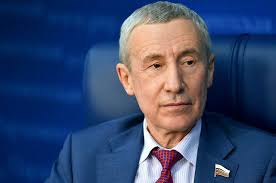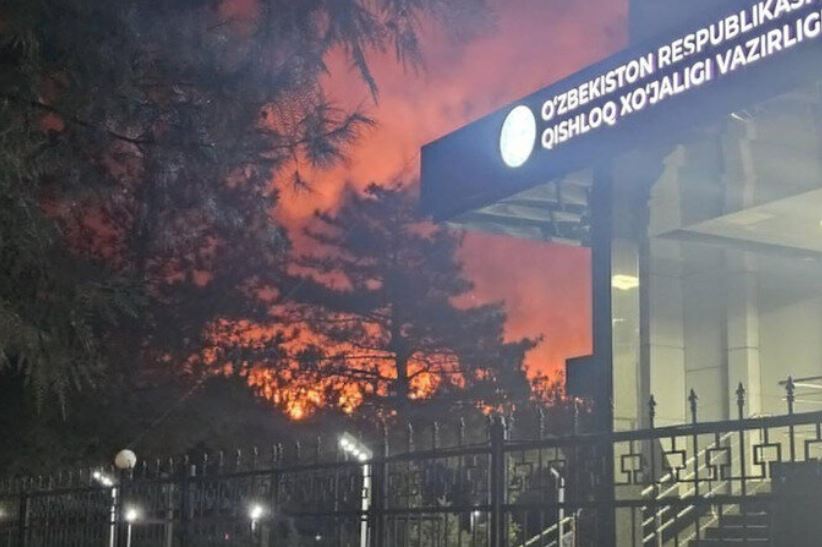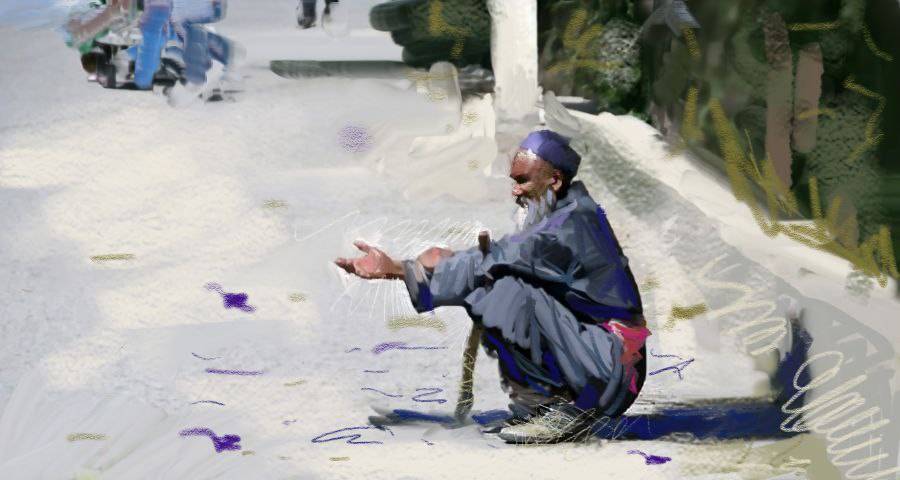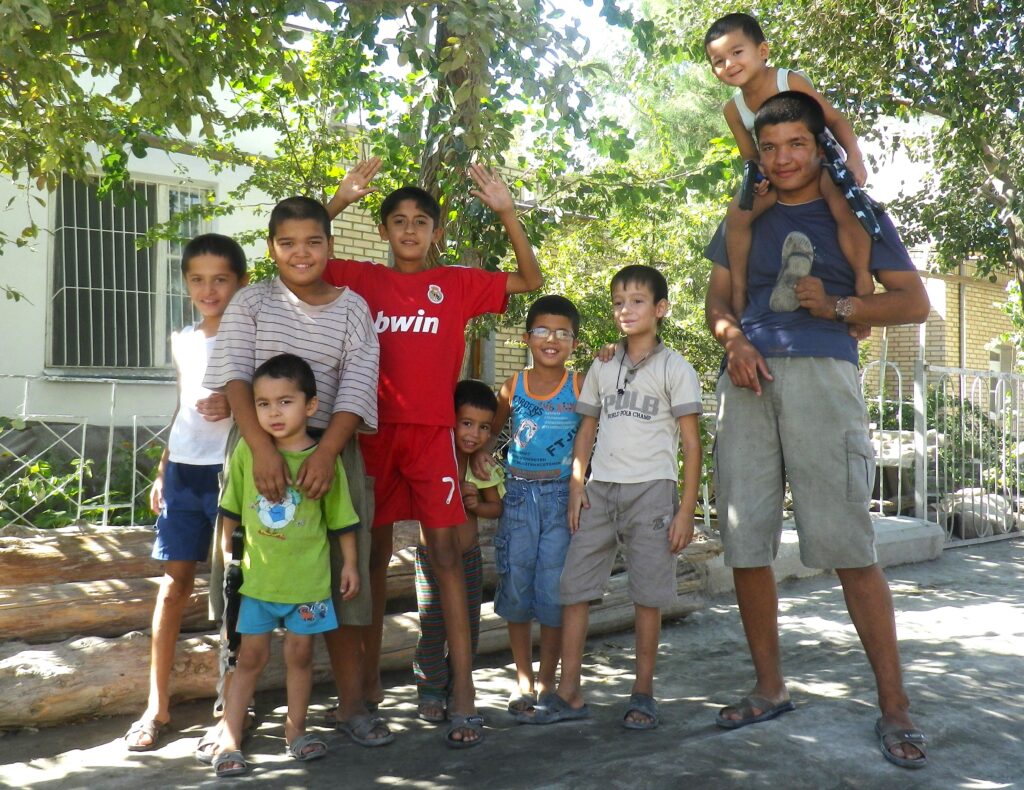Tashkent Teacher at Center of Political Debate Arrested for Second Violent Outburst
The Times of Central Asia previously reported that оn September 23, a teacher at a school in Tashkent’s Chilonzor district was filmed slapping a student when the child asked for the Russian language class to be taught in Russian. The Children’s Ombudsman of Uzbekistan, Surayyo Rahmonova, has begun an investigation into the incident. The spokesperson for Russia's Ministry of Foreign Affairs, Maria Zakharova, said that she was worried about the content of the video published online, and asked Uzbekistan to make a legal assessment of this incident. In response, Alisher Qodirov, the leader of Uzbekistan’s Milli Tiklanish (National Revival) party and deputy speaker of the lower house of parliament, urged Russia not to interfere in Uzbekistan's domestic affairs, commenting that “it would be better for [Russia] to deal with their own affairs [which are] full of problems than to deal with our internal issues." Russian Senator Andrei Klimov reponded to Qodirov’s statement, saying that “inter-ethnic relations are very delicate” between Uzbeks and Russians. He called the teacher’s actions “an offense, maybe more” and expressed bewilderment at Qodirov’s remarks. The teacher has since committed other offenses. On September 24, she went to her daughter’s school in another district of Tashkent, where she argued with the school administration and used physical force against the deputy director. When officers from the National Guard and the Interior Administration intervened to restore order, the teacher resisted their demands. She was later sentenced to seven days of administrative detention and fined.






